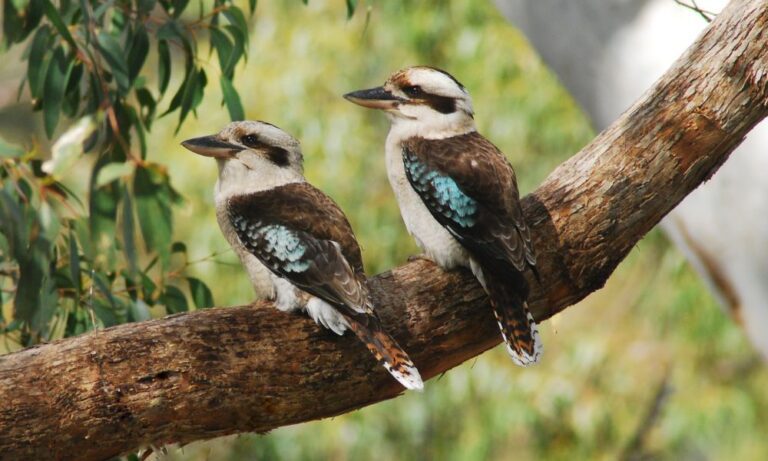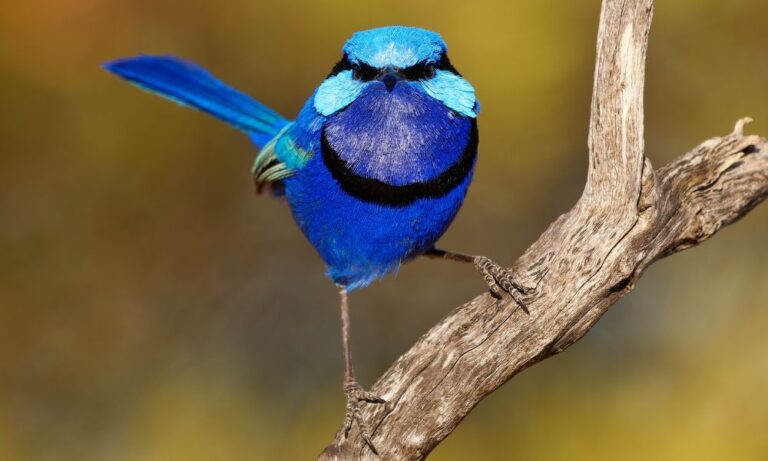Over the last two years, scientists have been actively collecting and logging billions of reproductive cells from naturally occurring coral spawning.
Taking place just once every year, after a full moon in the spring time, large spans of ocean turn red as a slick of egg and sperm cells are released simultaneously by various coral colonies and species.
The collected cells are then divided and frozen separately on site, after which they are transported some 400 km away to the Taronga Western Plains Zoo in the town of Dubbo – northwest of Sydney.
“We are able to collect many billions of cells each year and keep adding genetic diversity,” Rebecca Spindler, from the Taronga Conservation society, said.
The spawn bank program, known as the Reef recovery initiative, uses techniques first developed by a Smithsonian institution researcher and have been used in some areas of the Caribbean and Hawaii.
But, as Spindler points out: “This is the only area in the world that has established the bank with a consistent plan to restore into the future.”
A popular tourist site, the reef brings in millions of dollars to the Australian economy every year. But global issues such as ocean acidification and warming waters due to climate change have begun to take their toll on the reef’s health – which is already under threat from dredging, sedimentation and disease.
If needed, the cells could be mixed and fertilised, then grown and planted to replenish damaged reefs.
“In the long term, we should be able to re-seed large areas of the reef. By restoring these localized sections we add to the resilience in strength of the reef as a whole,” Spindler said, adding “Because of the success of fertilizing in vitro and the lack of predation we have many more viable cells that could be grown into adult coral.”
Earlier this year, the United Nations environmental watchdog had warned the reef’s conservation status, as one of the several wonders of the world, could be downgraded if signs of progress were not made to deal with recent damage. In response to the warning, the Australian government pledged to stop coal port or shipping developments in and around the reef.






